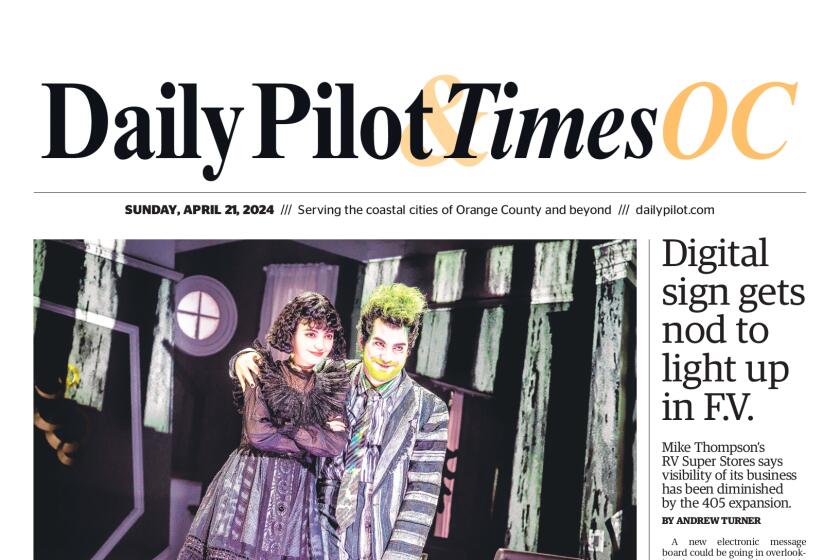UC Irvine objects to WHO’s plan to classify ‘gaming disorder’ as a mental health condition
After learning of the World Health Organization’s plan to add “gaming disorder” to its list of mental health conditions, UC Irvine published a response against the classification, arguing that for a majority of players, video and other games have a positive influence.
Gaming disorder is characterized by persistent or recurring behavior showing impaired control over online or offline gaming habits, giving increasing priority to gaming over other daily activities and continuing or escalating one’s gaming despite negative consequences, according to a WHO draft report.
The condition would be included in the organization’s 11th update of its International Classification of Diseases, which is scheduled for publication in mid-2018. The ICD is used by medical practitioners to identify global health trends and statistics and by researchers to categorize conditions.
According to WHO, the inclusion of gaming disorder was based on reviews of available evidence and reflects a consensus of experts from different disciplines.
The organization acknowledged studies that suggest gaming disorder affects only a small proportion of players.
UC Irvine’s Department of Informatics published an online response Jan. 24. It noted that the Higher Education Video Game Alliance had found “very little scholarly evidence to support the classification as proposed.”
“We don’t dispute that there are some young people who get into problematic gaming communities or play too much at expense of other activities,” said Mimi Ito, director of UCI’s Connected Learning Lab. “But we want to stress that is a minority of gamers. For most young people, games are a positive influence in [their] lives, whether more traditional games, sports or video games.”
Faculty members at the Connected Learning Lab research how digital media, including online activity and social media, can help youths with problem solving and socio-emotional skills.
Ito said interactive media such as games, online resources and communities offer a new range of options for students to discover that can lead them toward careers in that field.
UCI’s response also highlighted its research on positive effects of gaming and opportunities available to students interested in that area.
In the past few years, UCI has become a mecca for students interested in video games.
In 2016, the university introduced its eSports arena, which transformed the Student Center’s Zot Zone — a recreational space with pool tables, board games and karaoke — into a state-of-the-art video gaming area with PCs, a webcasting studio and a stage for in-person or online competitions in games such as League of Legends.
The arena is used by the school team competing in League of Legends. Students who are part of the team are eligible for scholarships similar to those on a sports team.
Last year, the eSports arena hosted its first girls’ summer camp where young women interested in gaming heard from professional competitors, streamers (players who broadcast themselves while playing) and gaming companies about inclusion in the gaming community.
Faculty members also collaborate with students to create educational games — some even garnering interest from a festival in Los Angeles featuring independently made games.
“It’s hard for parents because we didn’t grow up with this technology, but we need to learn a new set of things for our kids,” Ito said. “We’re encouraging teachers and parents to figure out ways to not simply propagate the cultural gap or assume all this stuff is a waste of time.”
Twitter: @vegapriscella
All the latest on Orange County from Orange County.
Get our free TimesOC newsletter.
You may occasionally receive promotional content from the Daily Pilot.




